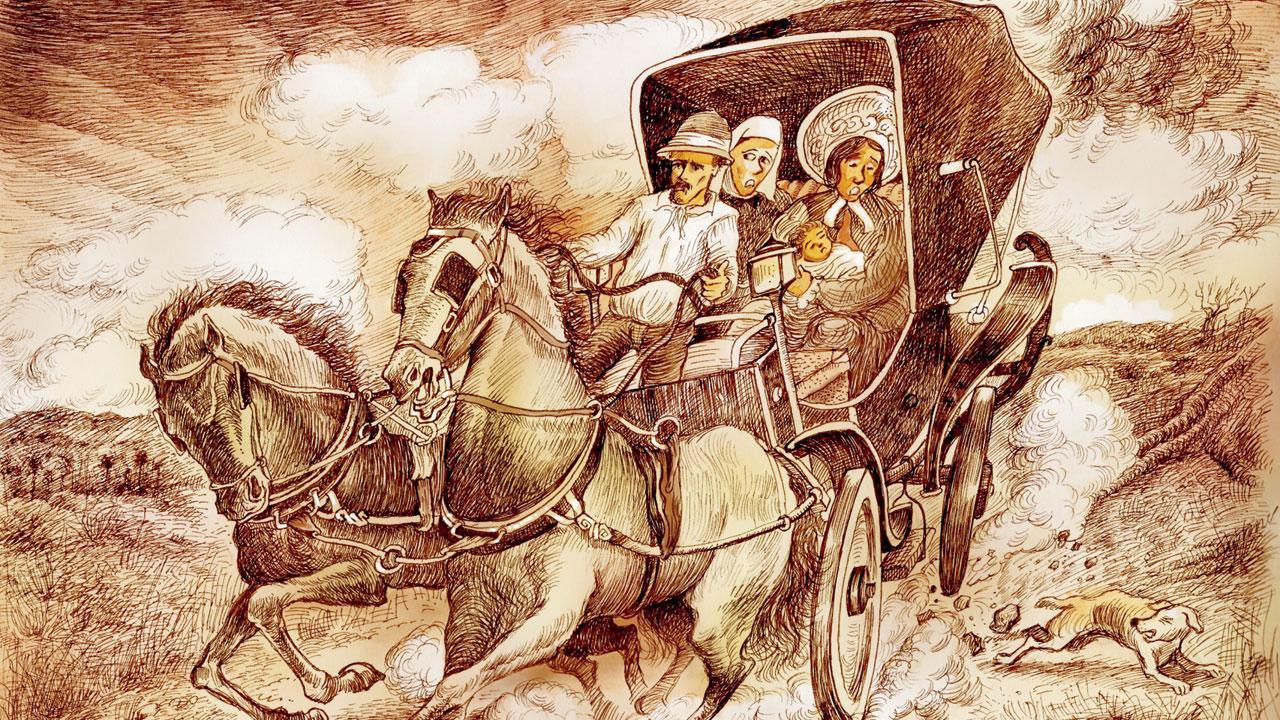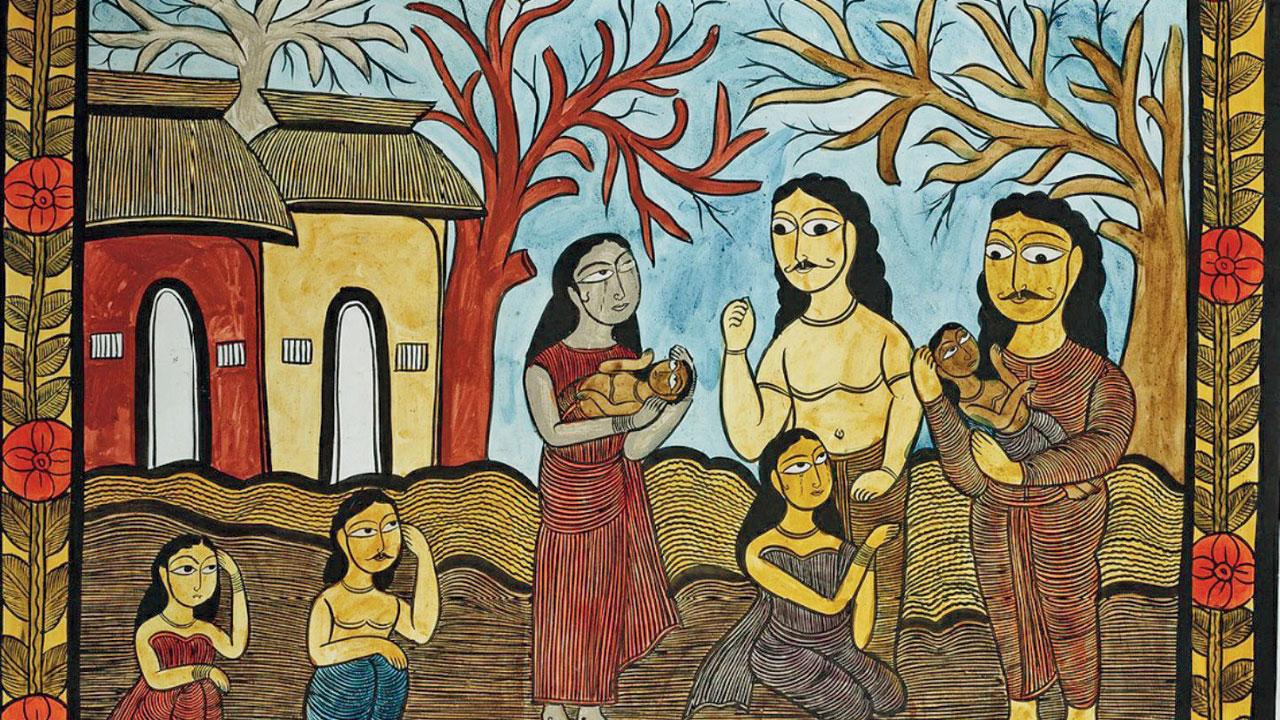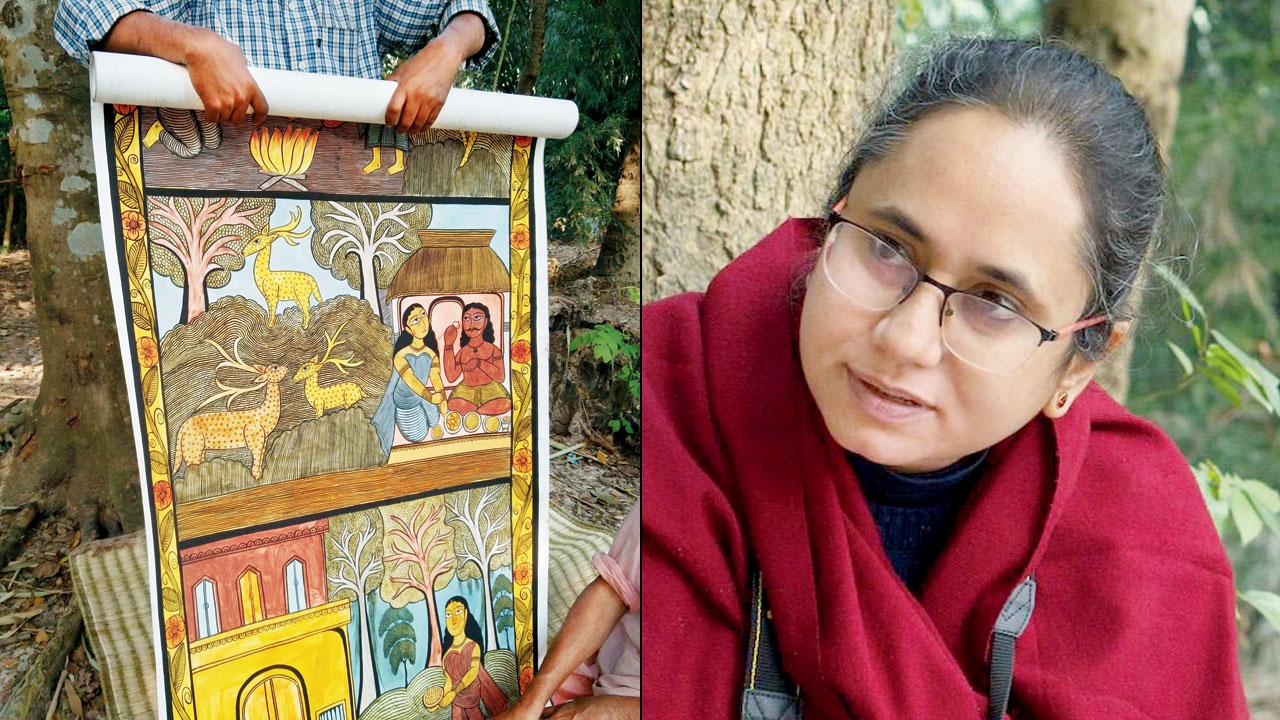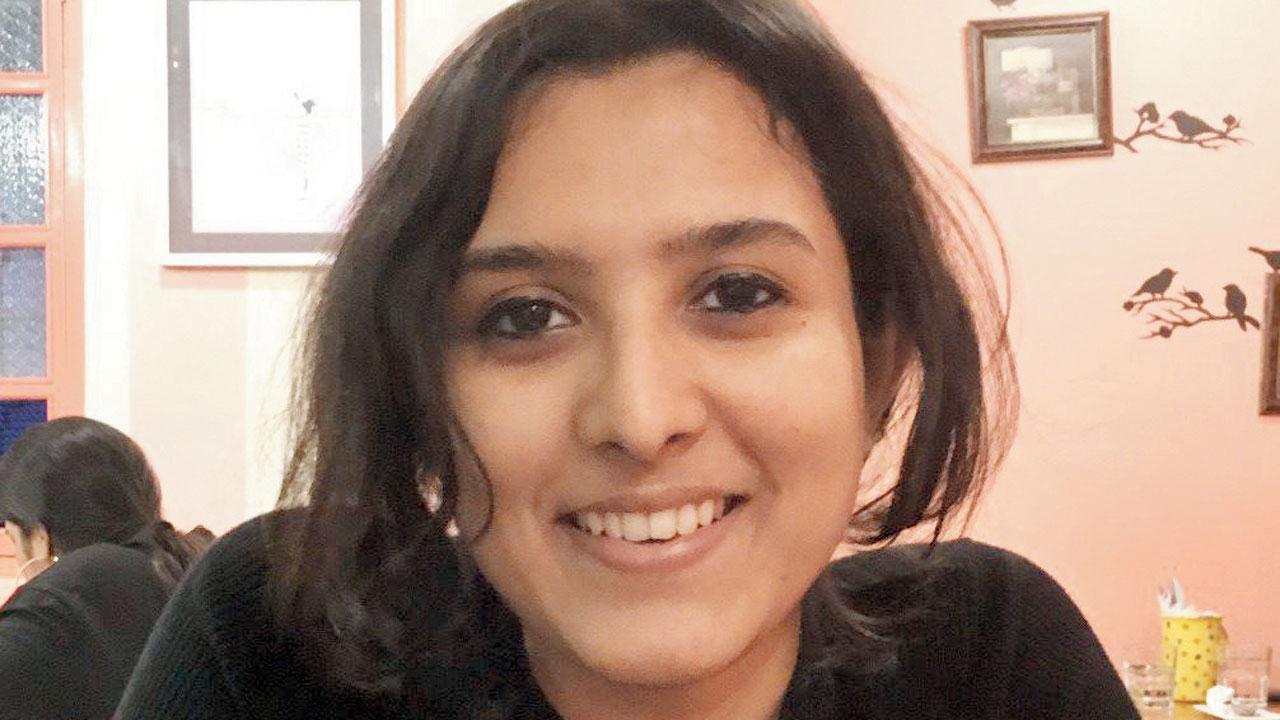A new online project depicts a visual image of tales that document the history of food shortages in India and the UK

A graphic illustration by Argha Manna
There was a person called Peter Mundy who arrived in India in 1628 to work as a factor for the East India Company’s then fledgling business interests in our country. Remember that this was a time when the Mughals still ruled over most of the land, and the earliest English visitors were considered to be on an equal footing with the locals despite their foreign origins. Mundy spent some years travelling around Gujarat, Agra and Bengal, documenting everything he saw in writing and as sketches. His journals included an account of the famine in Gujarat that took place in that period, which highlighted how Shah Jahan diverted food routes from the western state to the Deccan plateau, where his army had converged to try and capture more territory. That famine reminded Mundy of similar food shortages that people had experienced in his native land and in that sense, he had a shared feeling of co-suffering with the locals who accompanied him on that trip. They could empathise with each other’s difficulties.
ADVERTISEMENT

Patachitra scrolls that depict famine. Pics/famine tales
His accounts — as well as other stories centred on food insecurities in India and the UK between the 16th and 19th centuries — are now part of a project called Famine Tales, which seeks to highlight the overlapping history of famines in the two countries. Kolkata’s Jadavpur University (JU) has joined forces with the University of Exeter in the UK in order to turn these tales into a visual format that features the ancient art of patachitra as well as modern graphic-novel styles. “A big part of what the project sets out to do revolves around engaging with archival data that seems far-off and distant, and make it more immediate and accessible through community engagement and art,” says Shrutakirti Dutta, a PhD scholar at JU who is a part of it. She adds that the patachitra painters hail mainly from Naya, a village in West Bengal, while the graphic artists are spread out across the country. Both groups had free reign to reinterpret the tales in their own way, adding their distinctive visual flavour to the textual narrative.

Ayesha Mukherjee
And these narratives highlight how there is a curious overlapping of time frames when it comes to India and the UK experiencing famines respectively. Professor Ayesha Mukherjee, who teaches at the University of Exeter and is the principal investigator for Famine Tales, tells us how you’ll find the timelines to be eerily similar if you simply list out the big famines that occur in the 16th and 17th centuries in both countries. She says, “It made me wonder about this relationship, since it couldn’t just be coincidence. One of the reasons was climactic occurrences that led to weather anomalies like incessant rain and excessive cold. And the dates of the famines in both places also coincide with the nascent period of growing interaction between the two countries.”

Shrutakirti Dutta
It’s that interaction that Mundy’s journals and the other tales shed light on, almost 400 years later. They speak of a time when our relationship with the British wasn’t that of master and subject, but of business partners with common commercial interests and a shared history of famines. Most of us are familiar with the era of the Raj. But this project takes us further back in time, to a period when the British were mere traders on our land, before turning into colonisers ruling us with an iron fist.
Log on to: faminetales.exeter.ac.uk
 Subscribe today by clicking the link and stay updated with the latest news!" Click here!
Subscribe today by clicking the link and stay updated with the latest news!" Click here!







